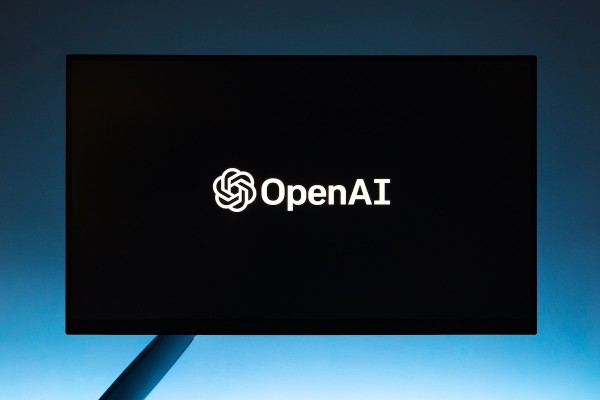OpenAI's latest AI models are generating alarming levels of misinformation
OpenAI's latest AI models seem to have a big problem. A report reveals that the GPT o3 and o4-mini are producing misinformation at an alarming rate.
AI-generated misinformation, aka hallucinations, are common among most artificial intelligence services. The New York Times has published an investigation conducted by OpenAI that discovered its own models are generating more fake content than others. This in turn has raised serious concerns about their reliability.
GPT o3 and o4-mini have been designed to mimic human reasoning and logic. When these were put to the test in benchmarks involving public figures, nearly one-third of GPT o3's results were found to be hallucinations. In comparison, GPT o1 had less than half of that error rate in tests that were conducted last year. GPT o4-mini fared even worse, as it hallucinated on 48% of its tasks. When these models tackled general knowledge questions, hallucinations soared to 51% for GPT o3, and a staggering 79% for o4-mini.
OpenAI says that the hallucinating problem is not because the reasoning models are worse, but because they could simply be more verbose and adventurous in their answers, and are speculating possibilities rather than repeating predictable facts. Developers initially aimed for these systems to think critically and reason through complex queries; however, this ambitious approach appears to have led to an increase in creativity at the expense of factuality.
This could pose a big problem for OpenAI's ChatGPT, as rival services like Google Gemini, Anthropic Claude, have been designed to provide information more accurately. Unlike simpler models focused on high-confidence predictions, GPT o3 and o4-mini often speculate, blurring the line between possible scenarios and outright fabrications. This raises red flags for users in high-stakes environments, from legal professionals to educators and healthcare providers, where reliance on AI could lead to significant missteps.
The more useful AI becomes, the greater the potential for critical errors. While AI models may outperform humans in certain tasks, the risk of inaccuracies diminishes AI's overall credibility. Until these hallucination issues are effectively addressed, users are advised to approach AI-generated information with caution and skepticism.
Source: Tech Radar
RECOMMENDED NEWS

Amazon turns its Fire TV Cube into an Enterprise PC
Amazon's Fire TV Cube is the company's top of the line hardware streaming product. Unlike its Fire ...

Is Dropbox sending user data to OpenAI? There is an opt out!
Dropbox has been caught in a controversy, after users discovered that an experimental AI-feature ha...

Brave Browser 1.62: strict fingerprinting protection and HTTPS Everywhere changes
Brave Software released a new stable version of Brave Browser earlier today. Brave Browser 1.62 is ...

Microsoft is working on a new migration app for Windows
Windows 11 includes a rather weak backup tool that uses OneDrive to back up some files and preferen...

Australia Penalizes Telegram for Failing to Timely Address Child Exploitation and Extremist Content Queries
Australia's eSafety Commissioner has imposed a fine of nearly A$1 million on Telegram for a signifi...

Windows has an 8-year-old security issue that is exploited and known by Microsoft for some time
Microsoft is doing a commendable job when it comes to Windows security. Keeping billions of devices...
Comments on "OpenAI's latest AI models are generating alarming levels of misinformation" :